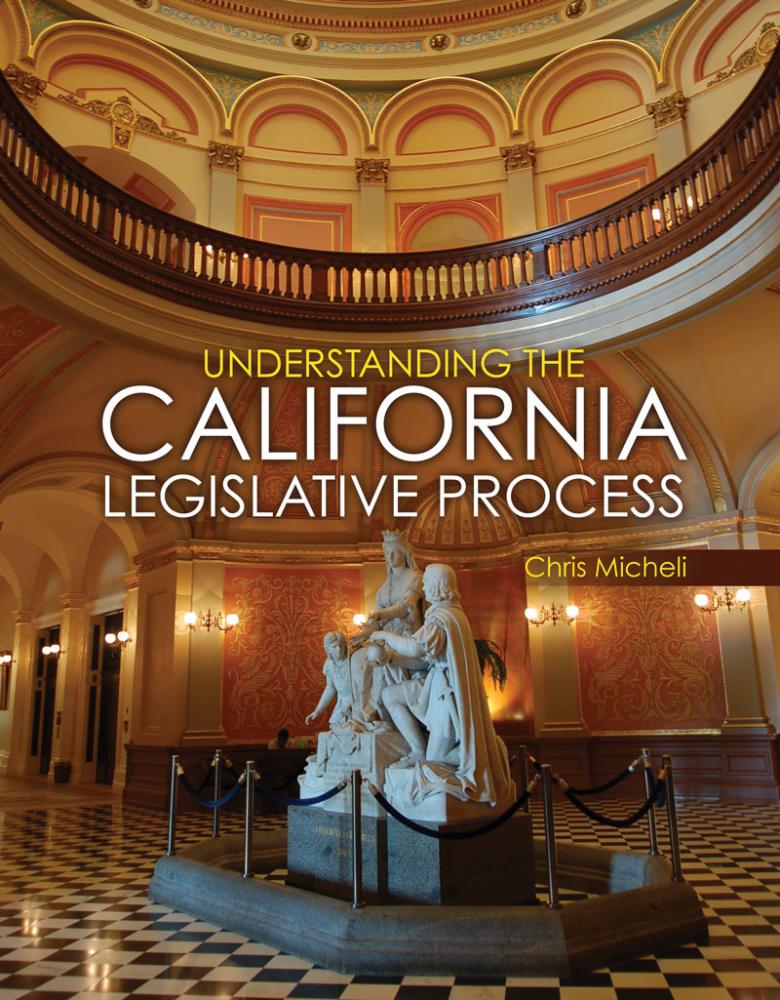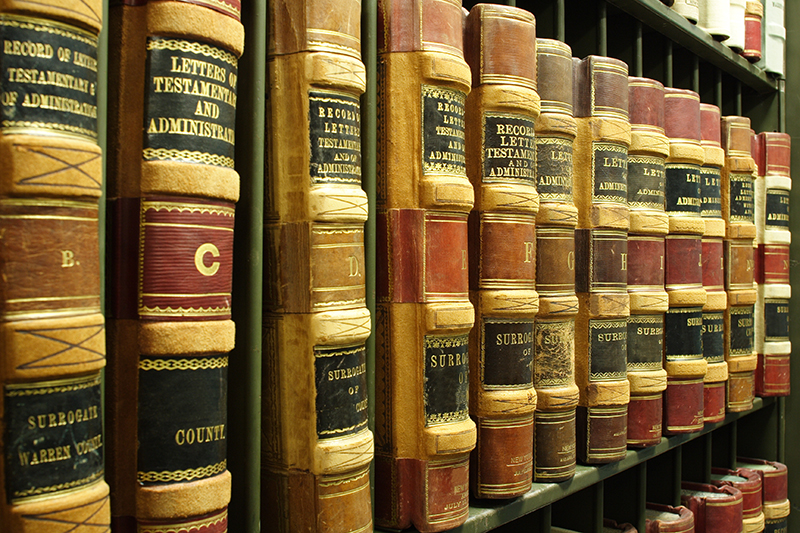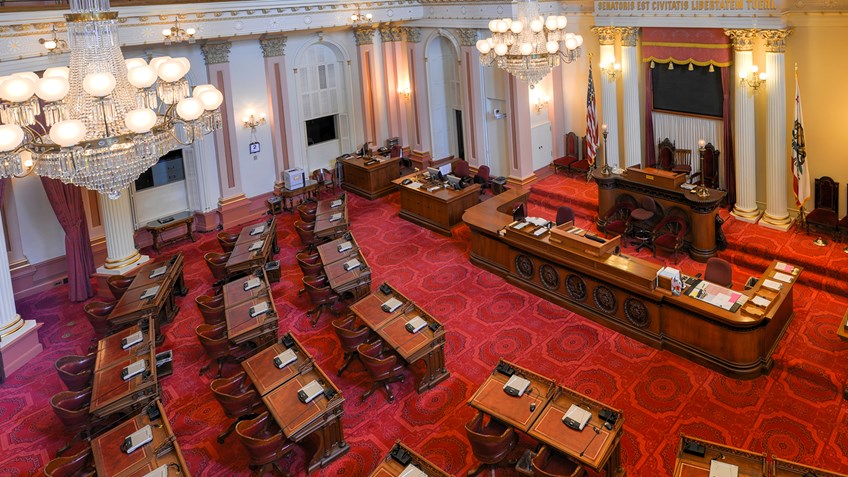
California State Capitol. (Photo: Kevin Sanders for California Globe)
Judges Should Better Appreciate the Legislative Process and Bill Drafting Principles
These ‘canons of statutory construction’ are quite extensive and can be quite intricate in their application
By Chris Micheli, October 30, 2022 3:30 pm
When drafting and amending legislation, proponents (and opponents) always keep in mind the statutory analysis principles used by the judicial branch of government when interpreting statutes. And, of course, the attorneys in California’s Office of Legislative Counsel do as well when they are drafting legislation.
Judges use these “canons of statutory construction,” which are quite extensive and can be quite intricate in their application. Moreover, there are thousands of appellate court decisions and law journal articles describing these principles and how they function in detail. They are important to consider when drafting legislation in California.
However, while bill drafters study the statutory interpretation principles and rules to understand how the judicial branch may interpret their proposed statute, most judges do notstudy the legislative process or fully understand that process, which is what creates the statutes they interpret.
In fact, most of the rules of statutory interpretation that judges apply are based on assumptions about the legislative process, rather than the actual legislative process. For example, in considering extrinsic evidence of legislative intent, judges look to the “collective intent” of the legislative body, routinely ignoring the statements of the bill’s author.
Of course, this principle assumes that all legislators share the same reason for voting for a bill, and it also assumes, perhaps wrongly, that all legislators know and understand the intent of the legislation. Most legislators, and those involved with a particular bill (e.g., advocates for or against the bill, and committee staff), are in the best position to state the intent of the legislation.
Without understanding how legislation is drafted and adopted through the legislative process, judges are not always able to appreciate the intent of the legislative branch of government and understand how to determine the intent of the Legislature more readily. One way to avoid such assumption-based interpretation, perhaps members of the judicial branch of state government should be educated on the bill drafting rules used by the Office of Legislative Counsel, as well as the actual legislative process that occurs in the California State Capitol.
With that increased understanding of how the legislative process actually works, I believe the judiciary would provide greater deference to the legislative work on statutes. This does not mean that the judiciary should accept all statements of legislative intent or not be a check on the legislature’s work and the exercise of the lawmaking authority.
For example, the judicial branch must certainly review the exercise of the legislative power for compliance with a host of issues (e.g., does the statute comply with the state’s single subject rule, or is the state statute preempted by federal law, etc.). However, there should be greater deference paid to the language chosen in a statute and the extrinsic evidence available, especially letters to the journal from the bill’s author.
In other words, when the legislative branch chooses words in a statute, the overriding principle for the judiciary should be to accept the language enacted by the Legislature, as well as the statements of a bill’s author and those most closely involved in the statute’s development. If judges better understand bill drafting rules, they will more likely accept the written word in statutes.
- Frequently Asked Questions about Voting on a Recall Petition - April 29, 2024
- Should Interpretive Guidance Be Included in California Legislation? - April 28, 2024
- Legislative Intent Does Not Equate to a Mandate - April 27, 2024





One thought on “Judges Should Better Appreciate the Legislative Process and Bill Drafting Principles”